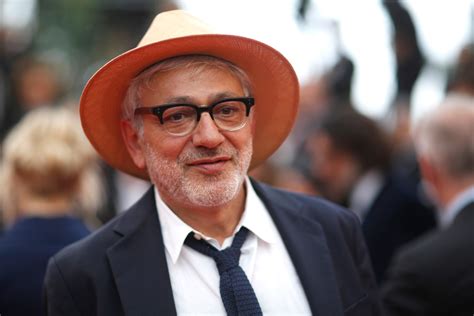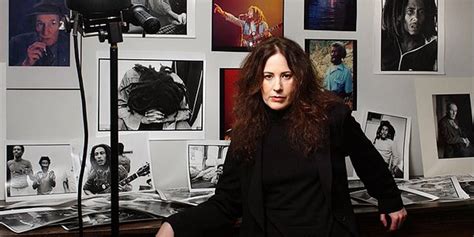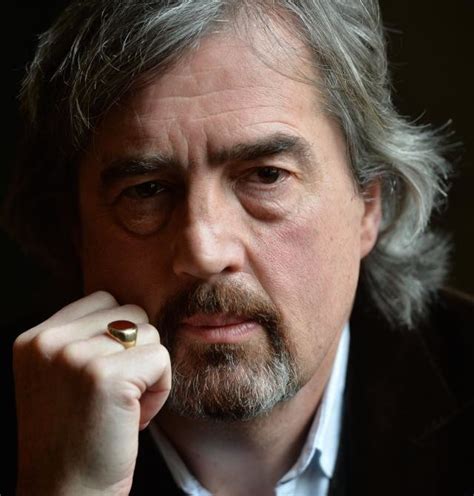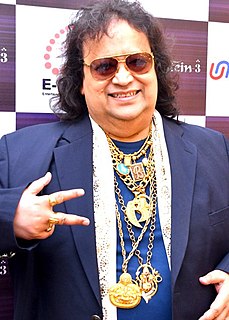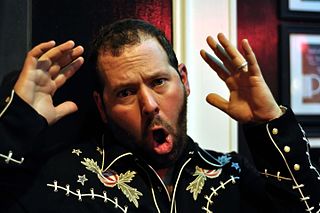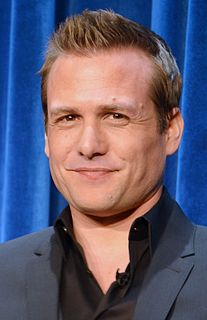A Quote by Elia Suleiman
The Time that Remains is a way of interpreting a certain ambience or emotion. These are the stories that my father told me over the course of fifteen or twenty years. I used to listen to him. From the cowardly part of my character, I'm always in fear of not telling the right story. I'm not interested in making epics.
Related Quotes
Well, when I was a kid I used to hide behind the curtains at home at Christmas and I used to try and be Elvis. There was a certain ambience between the curtains and the French windows, there was a certain sound there for a ten year old. That was all the ambience I got at ten years old... I think! And I always wanted to be a certain, a bit similar to that. But I didn't want to sell pizza.
For me, reworking the past over and over again is a way not to trivialise the garments and not to obsess over hem lengths. What I am interested in, as a matter of fact, is telling a story and, if someone sees fragments of other stories in it, be my guest. I don't have to justify myself. What is urgent for me is what I want to say.
I was taken by William Burroughs’ presence and intelligence from the first time I was introduced to him, by Lester Bangs in 1975. He was thrilling to listen to. When you heard him speak, you felt that you were privy to such a rare mind. Even in small-talk, he spoke with perfect economy of language. His shoots with me were very collaborative and it was an incredible opportunity to be able to photograph him over the course of twenty years.
My real purpose in telling middle-school students stories was to practice telling stories. And I practiced on the greatest model of storytelling we've got, which is "The Iliad" and "The Odyssey." I told those stories many, many times. And the way I would justify it to the head teacher if he came in or to any parents who complained was, look, I'm telling these great stories because they're part of our cultural heritage. I did believe that.
He loved telling stories. He had been everywhere in the world. The northwest frontier, the landscape of the Hindu Kush, was one of the great landscapes of my childhood because he used to evoke it with his stories. He taught me the sequence of ranks in the British army when I was about eight. I was in the bed with him while he told me everything about his life - except, probably, the real things, because of course you couldn't go there.
I have always said the success of the show has stemmed from our audience being able to relate to the characters on different levels - being based on the universally loved Arthurian legend is only a tiny part of its success - it's a story about acceptance and growing up. The breathtaking finale of this series leaves you with no doubt that characters have been on their journeys and had their stories told - it's completely the right time to draw our telling of the story to a close.
When a story or part of a story comes to me, I turn it over in my mind a long time before starting to write. I might make notes or take long drives or who knows what. By the time I give myself permission to write, I know certain things, though not everything. I know where the story is headed, and I know certain crucial points along the way.
Everybody is a story. When I was a child, people sat around kitchen tables and told their stories. We don't do that so much anymore. Sitting around the table telling stories is not just a way of passing time. It is the way the wisdom gets passed along. The stuff that helps us to live a life worth remembering.
